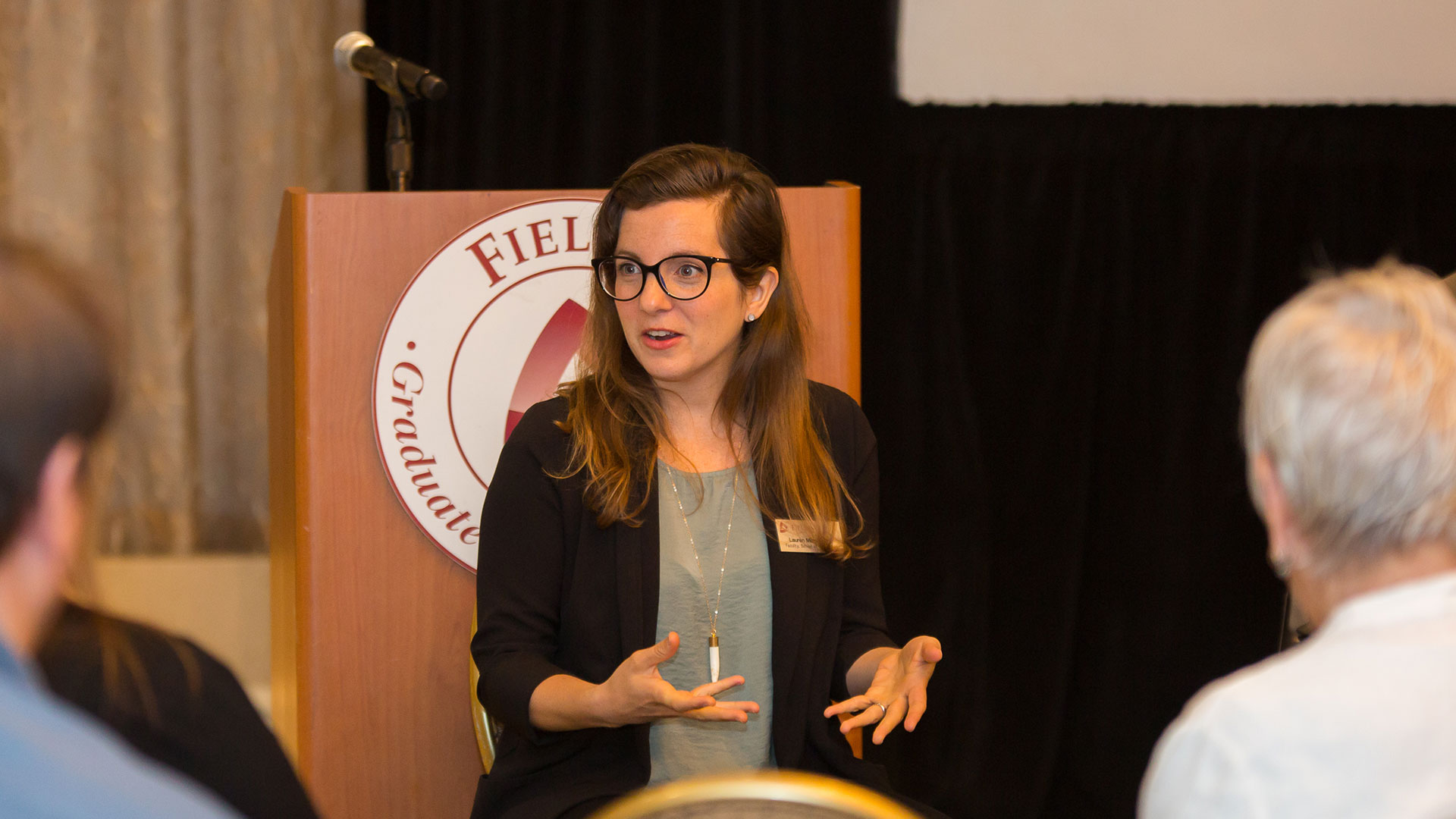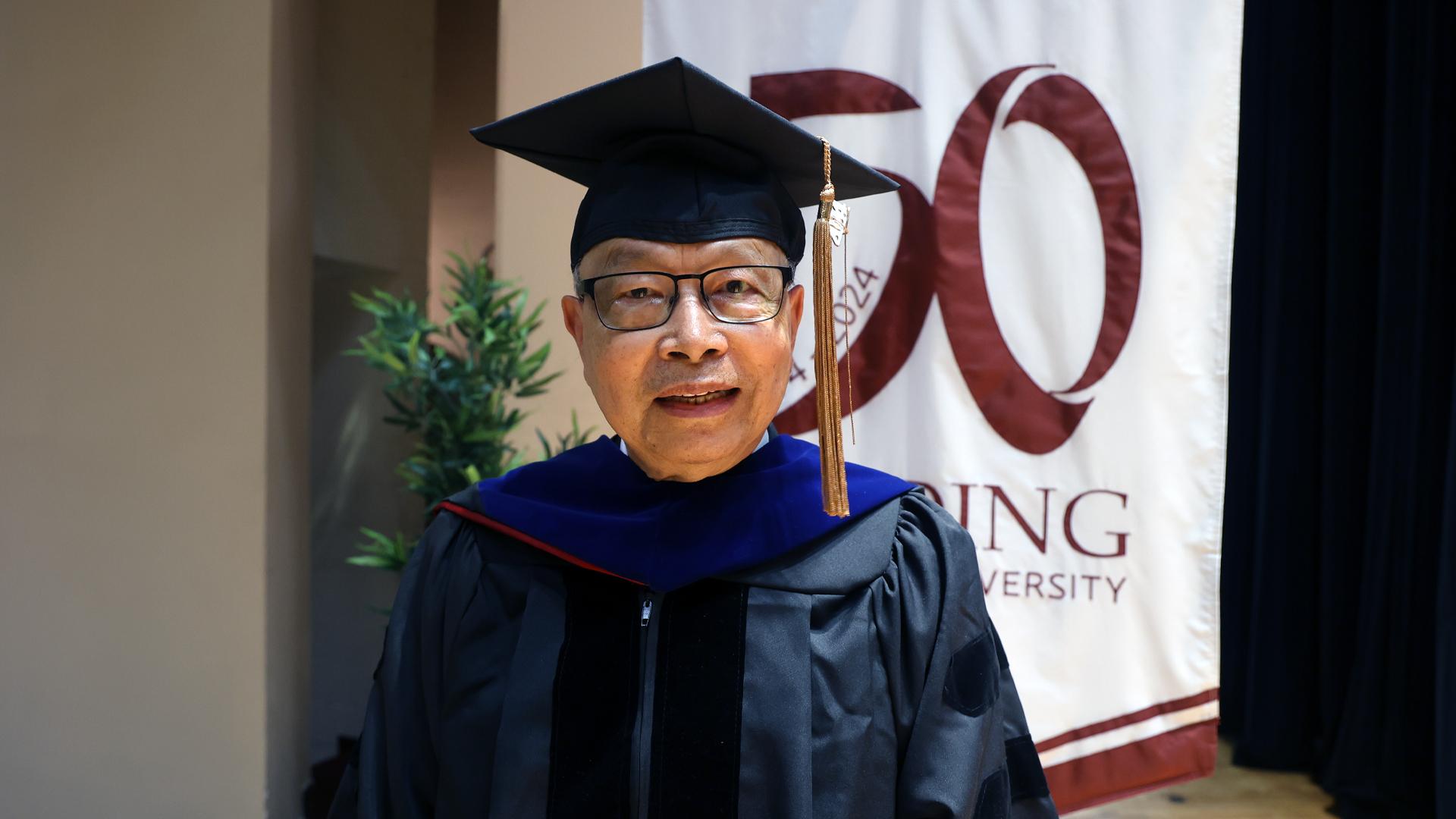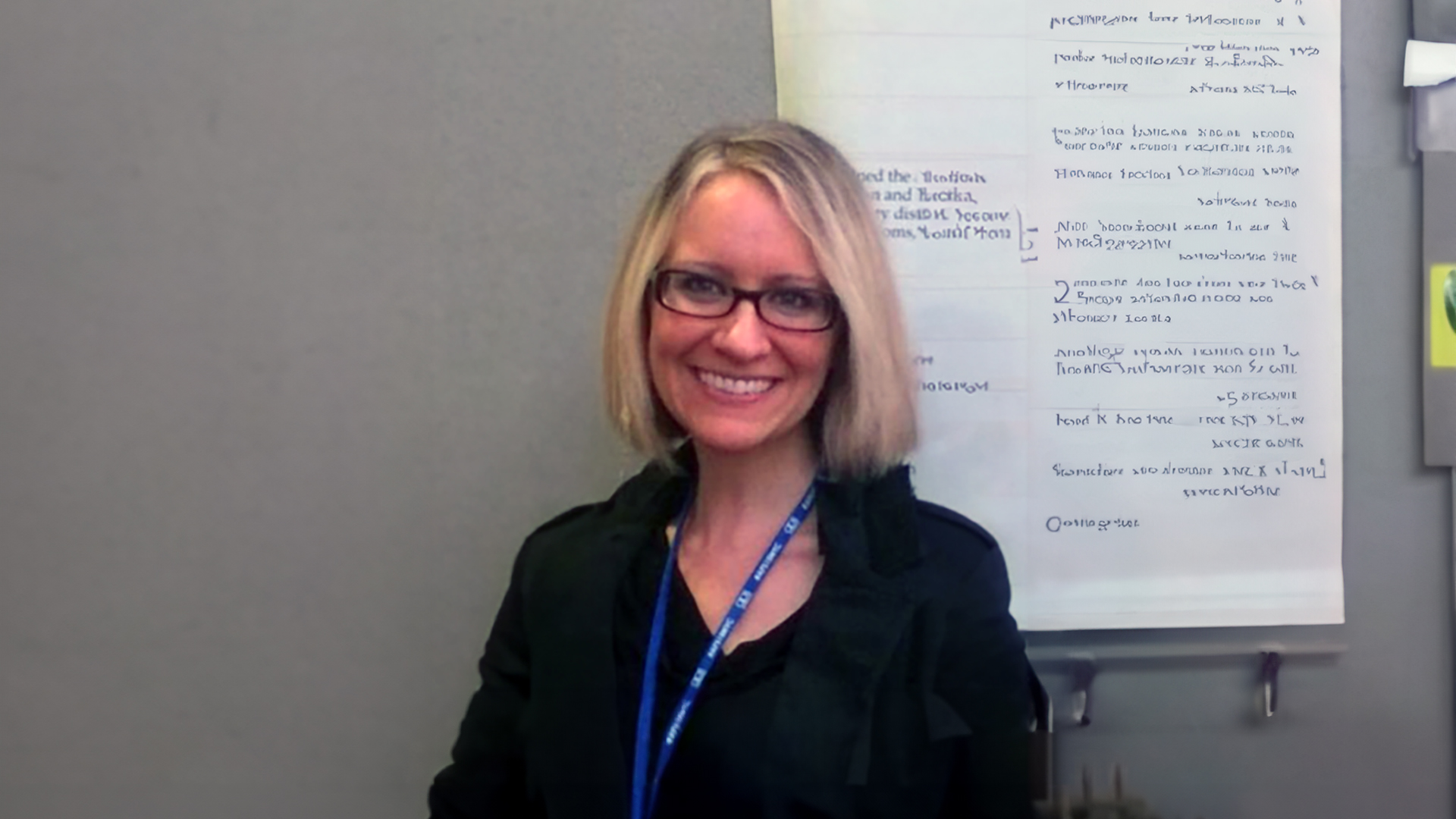Jan. 8, 2015
The Carnegie Foundation for the Advancement of Teaching has selected Fielding Graduate University as one of 240 U.S. colleges and universities to receive its 2015 Community Engagement Classification.
 Colleges and universities with an institutional focus on community engagement were invited to apply for the classification, first offered in 2006 as part of an extensive restructuring of The Carnegie Classification of Institutions of Higher Education. Unlike the Foundation’s other classifications that rely on national data, this is an “elective” classification—institutions participated voluntarily by submitting required materials describing the nature and extent of their engagement with the community, be it local or beyond. This approach enabled the Foundation to address elements of institutional mission and distinctiveness that are not represented in the national data on colleges and universities. “The importance of this elective classification is borne out by the response of so many campuses that have demonstrated their deep engagement with local, regional, national, and global communities,” said John Saltmarsh, director of the New England Resource Center for Higher Education (NERCHE). “These are campuses that are improving teaching and learning, producing research that makes a difference in communities, and revitalizing their civic and academic missions.”
Colleges and universities with an institutional focus on community engagement were invited to apply for the classification, first offered in 2006 as part of an extensive restructuring of The Carnegie Classification of Institutions of Higher Education. Unlike the Foundation’s other classifications that rely on national data, this is an “elective” classification—institutions participated voluntarily by submitting required materials describing the nature and extent of their engagement with the community, be it local or beyond. This approach enabled the Foundation to address elements of institutional mission and distinctiveness that are not represented in the national data on colleges and universities. “The importance of this elective classification is borne out by the response of so many campuses that have demonstrated their deep engagement with local, regional, national, and global communities,” said John Saltmarsh, director of the New England Resource Center for Higher Education (NERCHE). “These are campuses that are improving teaching and learning, producing research that makes a difference in communities, and revitalizing their civic and academic missions.”
Fielding President Katrina Rogers, PhD, noted, “Our leadership sees community engagement as one of the key values of the institution. It is reflected in our strategic plan and the ways in which Fielding manifests community engagement through its mission and educational enterprise. We define community engagement as the actions that we take as an institution and through our graduates to create positive social change using the best research and practice. Our stated values support community engagement in various ways, emphasizing community building internally and externally, diversity, learner-centered education, social justice, and transformational learning.”
Fielding Graduate University was founded in 1974 as an independent non-profit graduate school, dedicated to learning for experienced, mid-career adults. Fielding’s student population consists of 1,200 with 130 faculty members all across the United States. Long before the internet, Fielding invented a pedagogical model that enabled individuals to participate in high quality graduate learning from a distance and in small groups in their communities. Fielding’s vision then and now is based on the notion that adults deserve access to graduate learning that they can apply in their communities as they study, and not only when they finish. From the beginning, Fielding expected its students to be engaged in their communities, taking from their educational experience the more relevant theories to address local issues.
Fielding’s vision for their students role in community engagement is two-fold: 1) to build a high level of knowledge and skills for their graduates to be effective in collaboration and change work; and 2) to enact through their centers and curricula the multiple ways in which Fielding can make a contribution to society. Fielding’s community engagement-focused efforts are most apparent within Fielding’s Institute for Social Innovation (ISI). The ISI’s mission and function is to turn knowledge into action for the workplace and local communities. The programs currently under the ISI include: the Women’s Network for Gender Empowerment, the Nonprofit Leadership Certificate, the World Cafe, and Evidence-Based Coaching certificates. The ISI’s Center for Public Life, is funded by a grant from the Kettering Foundation to support the Center’s services to local non-profits in the central coast region of California.
The Foundation, through the work of the Carnegie Commission on Higher Education, developed the first typology of American colleges and universities in 1970 as a research tool to describe and represent the diversity of U.S. higher education. The Carnegie Classification of Institutions of Higher Education (now housed at Indiana University Bloomington’s Center for Postsecondary Research) continues to be used for a wide range of purposes by academic researchers, institutional personnel, policymakers and others.
A listing of the institutions that hold the Community Engagement Classification can be found on NERCHE’s website.
Join Over 7,500 Fielding Alumni Located Around The World!
Change the world. Start with yours.™






Get Social